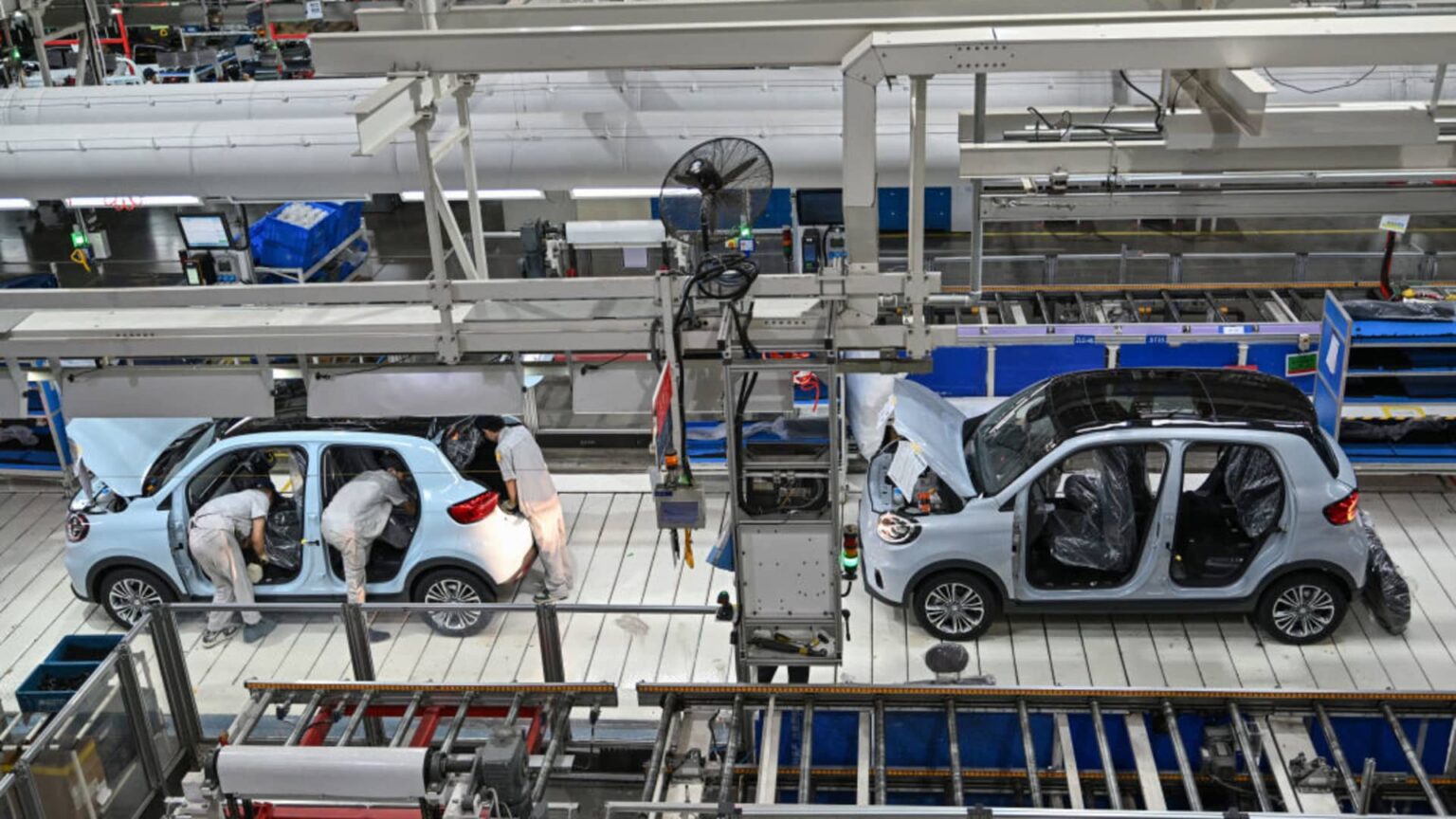The European Union on Friday voted to adopt definitive tariffs on China-made battery electric vehicles (BEVs).
“Today, the European Commission’s proposal to impose definitive countervailing duties on imports of battery electric vehicles (BEVs) from China has obtained the necessary support from EU Member States for the adoption of tariffs,” the EU said in a statement.
It added that the decision marked another step toward the conclusion of the Commission’s anti-subsidy investigation into electric vehicles from China, which was launched in October 2023.
The EU first announced that it would slap higher tariffs on Chinese electric vehicle imports in June, on the grounds that they benefit “heavily from unfair subsidies” and posed a “threat of economic injury” to electric vehicle producers in Europe.
Duties were also disclosed for individual companies that linked to their levels of cooperation and information they supplied to the EU as part of the bloc’s probe into EV production in China.
Provisional duties were put in place from early July.
The European Commission then revised its tariff plans in September based on “substantiated comments on the provisional measures” from interested parties.
A spokesperson for China’s Ministry of Commerce told reporters that Beijing continues to believe that the investigation into China’s subsidies for its electric vehicle industry has come to “pre-set conclusions,” adding that the bloc is promoting unfair competition.
On Friday, the EU said it was still looking for other solutions, even as the tariffs are adopted.
“In parallel, the EU and China continue to work hard to explore an alternative solution that would have to be fully WTO-compatible, adequate in addressing the injurious subsidization established by the Commission’s investigation, monitorable and enforceable,” it said.
Division in the EU
The decision comes after months of debates and deliberations between EU member countries, which have expressed varying opinions on increasing tariffs on imported Chinese made EVs.
While France has been a big supporter, previously pushing the EU to start investigations of potential tariffs, Germany has advocated against them, raising concerns about consequences for its own struggling car makers.
Hungarian Foreign Minister Peter Szijjarto said Thursday his country would veto a proposal from the European Commission that puts forward tariffs of up to 45%, Reuters reported.
Potential retaliation from China has been a key concern for some EU members, especially as China has already launched anti-dumping probes into pork and brandy exports from the EU, as well as an anti-subsidy investigation into EU dairy products.
— CNBC’s Ryan Browne contributed to this story.
Read the full article here

